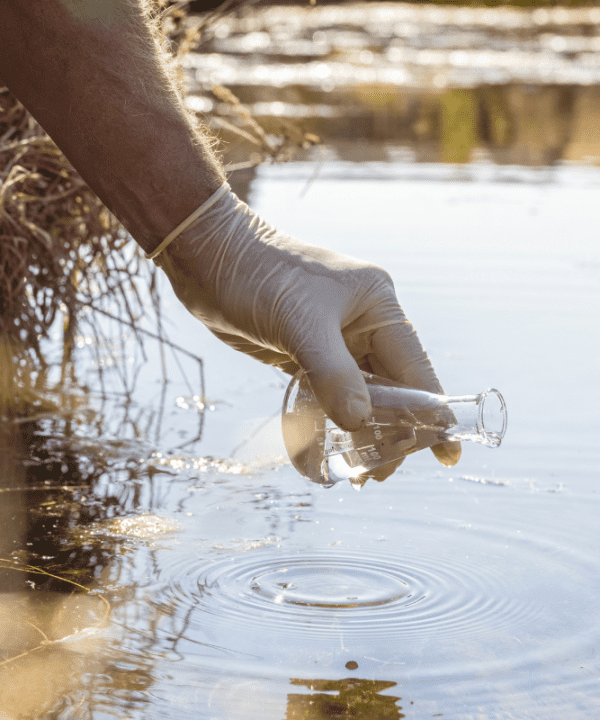
PROJECT DETAILS
- Project No 2044
- Project Name Development of direct ultrafiltration integrity testing using novel fluorescent starch nanoparticles as virus surrogates
- Lead Organisation South East Water
- Research Lead Victoria University
- Main Researcher Marlene Cran
- Completion Year 2019
Project Description
Treated wastewater may still contain some harmful, infectious pathogens. These are removed and the wastewater recycled by ultrafiltration (UF) through a porous membrane, but over time the membranes age, the pores enlarge and infectious pathogens such as viruses can break through. This makes it important to constantly monitor the integrity of the UF membranes, and is currently done by growing large amounts of a harmless virus, MS2, which is added to treated wastewater and detected in the recycled water if the membrane is damaged. The problem is that this MS2 monitoring system is relatively slow and expensive. This research developed and validated a better alternative using curcumin, an extract from turmeric, which was encapsulated in a biological compound ‘PLA’ by using a method that formed particles the same size as virus. The encapsulated, but not the ‘free’ curcumin, emits fluorescence that can be detected continuously by a specialised spectrophotometer placed on the downstream, recycled side of a UF membrane. The curcumin-PLA particles identified aged and broken UF membranes in small, pilot-scale recycling units, and had the added advantage that they decomposed naturally within a few days.





